Remembering suffragettes with Georgia ties as 19th Amendment turns 100
It has been 100 years since the 19th Amendment to the U.S. Constitution was officially ratified, granting women the right to vote. Though that change applied to white women, there were white and Black suffragettes who made their mark in Georgia.

Mary Latimer McClendon
Born in DeKalb County, Mary Latimer McLendon was a leader in the Prohibition and women’s suffrage movements in Georgia. She is perhaps best known for founding the Atlanta chapter of the Georgia Woman Suffrage Association (GWSA) in 1896, where she served as president until 1899 and again from 1906 until her death in 1921. She also wrote a series of newspaper articles in support of women’s suffrage and other reforms. A fountain featuring McLendon’s likeness was erected inside the Georgia state Capitol in 1923, three years after the 19th Amendment was ratified in the United States. The inscription on the statue calls her the “Mother of Suffrage in Georgia.”
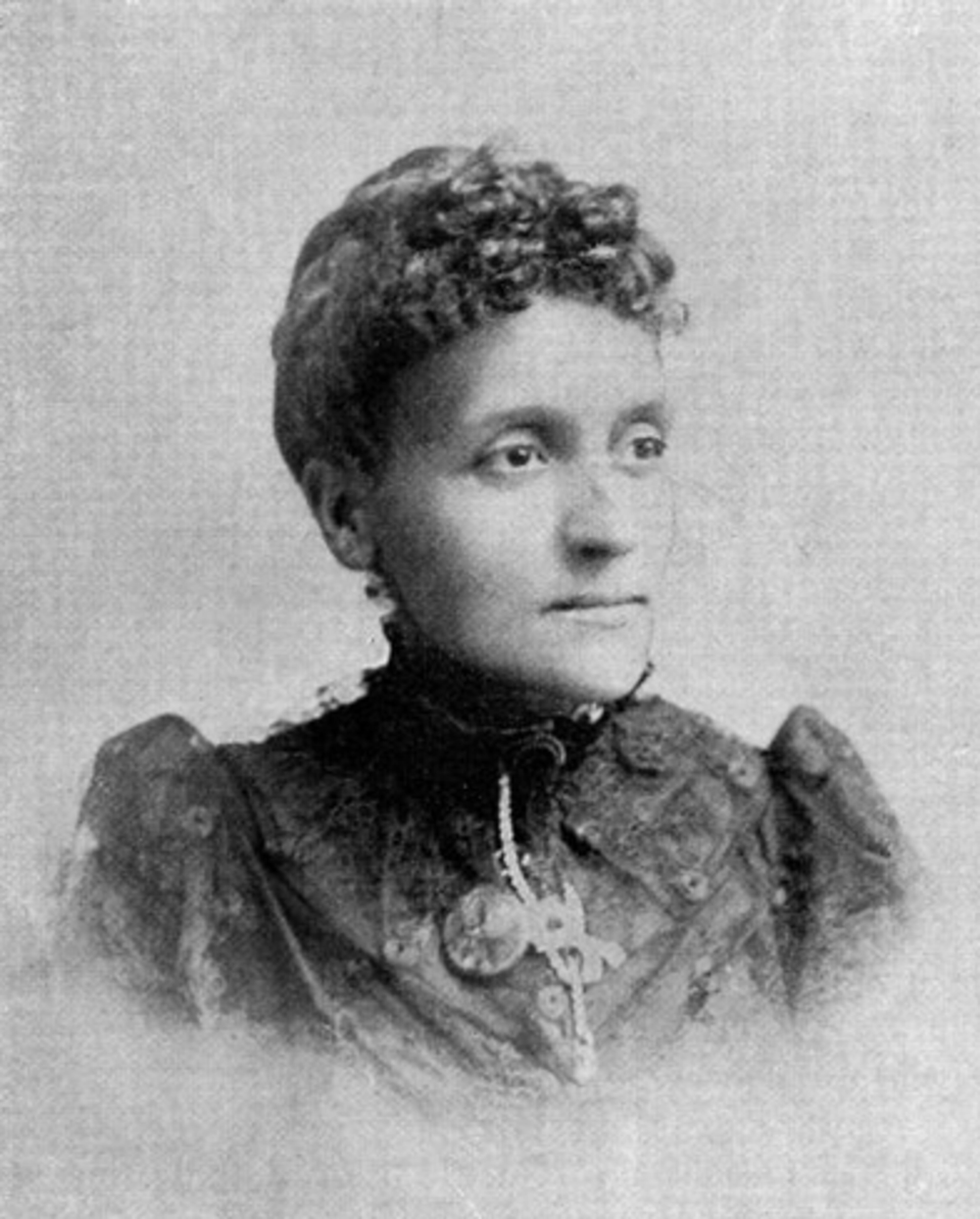
Mary McCurdy
Martha “Mary” Mason McCurdy was a prominent suffragette and journalist who worked relentlessly to encourage Black women to speak out for their rights, even in the face of prejudice. After living in Indiana since birth, McCurdy, a widow, moved to Atlanta in 1886, where she married her second husband and settled in Rome. During her time in the South, McCurdy was the editor of the newspaper Woman’s World, where she helped advance the cause for women’s suffrage through her writing.
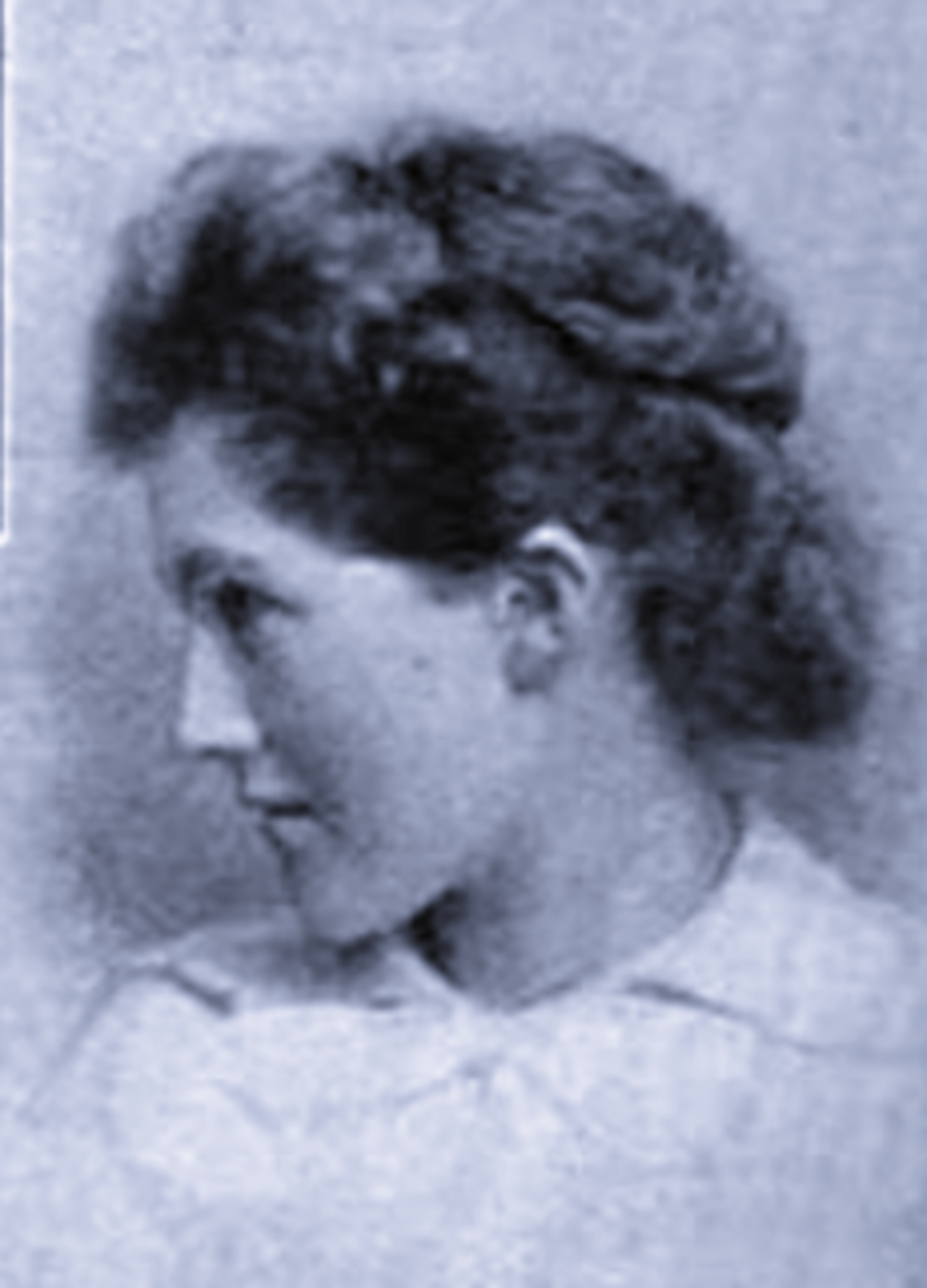
Helen Augusta Howard
Born into a well-to-do family in Columbus, Helen Augusta Howard lost her father at a young age. His death left her mother struggling to pay the taxes on the family property, which ultimately served as an influence for Howard’s involvement in women’s suffrage and the issue of “no taxation without representation.” Howard would go on to found the Georgia Woman Suffrage Association and with the help of her sisters, she was able to fund the 1895 national convention in Atlanta. According to the Columbus Museum, Howard continued her suffrage work for several years, but was ostracized for not only fighting for women’s rights, but also for experimenting with spiritualism and atheism, for being unmarried and even for wearing trousers. In 1920, Howard was charged with attempted murder after shooting a “warning” shot at trespassers and hitting a young boy in the stomach. After she was sentenced to a year in prison, Howard’s brothers tried to claim their sister was “mentally unsound.” She lived quietly in New York City until her death in 1934. Her tombstone, erected by those who admired Howard’s spirit, reads, “MARTYRED!”
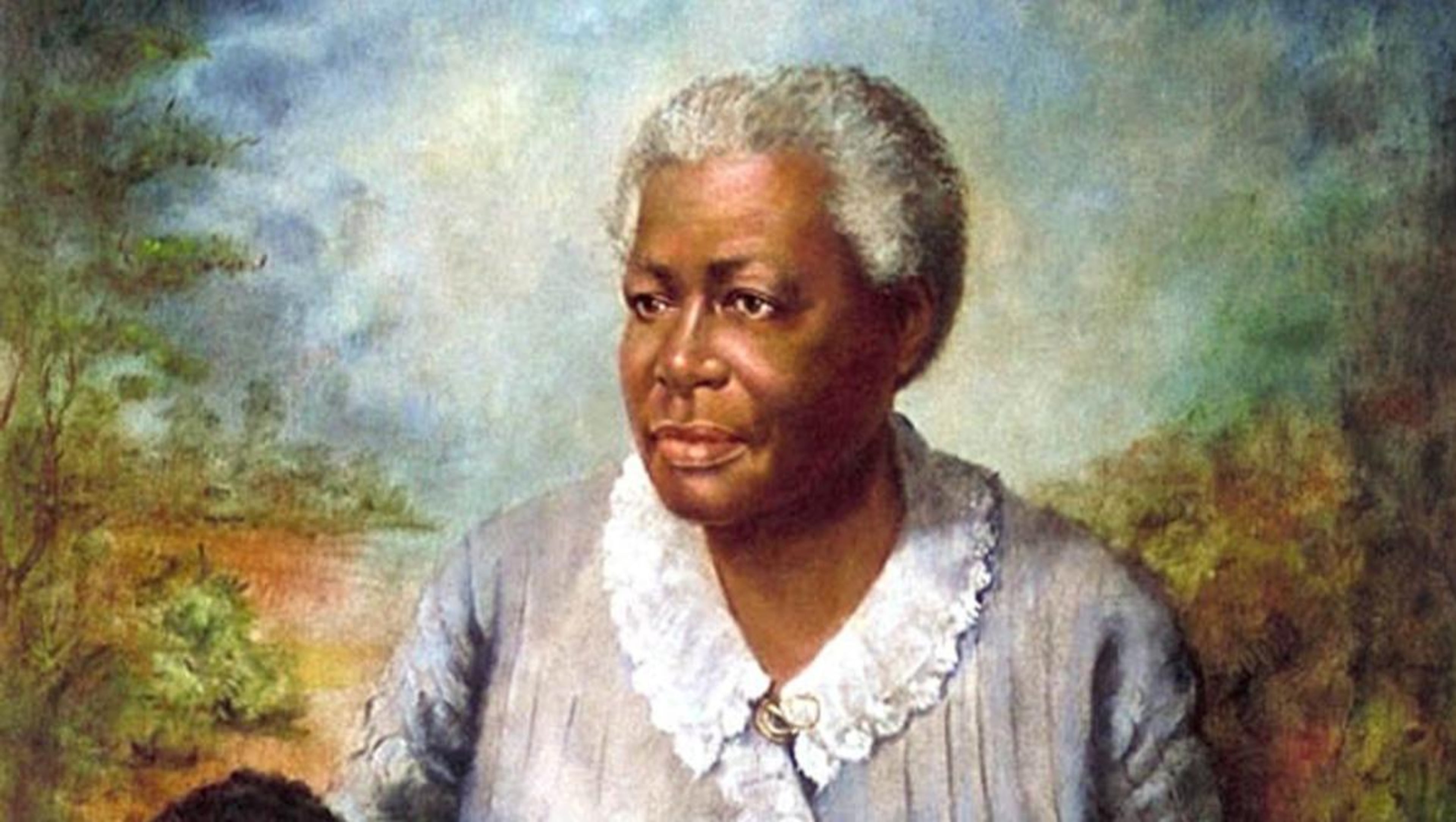
Lucy Craft Laney
Born during slavery in Macon, Georgia, Lucy Craft Laney was a lifelong learner and educator who attended Atlanta University (now Clark Atlanta) before spending a decade teaching Black children in several different schools across Georgia. According to the Georgia Encyclopedia, Laney founded the city’s first school for Black children as well as the first kindergarten and the first nursing training programs for Black women in Augusta. As a leader within the National Association of Colored Women, she also helped integrate the community. In 1974, former President Jimmy Carter, Georgia governor at the time, selected portraits of Laney, the Rev. Henry McNeal Turner and the Rev. Martin Luther King Jr. to be displayed in the Georgia state Capitol. They were the first African Americans to have their portraits hung in the building.
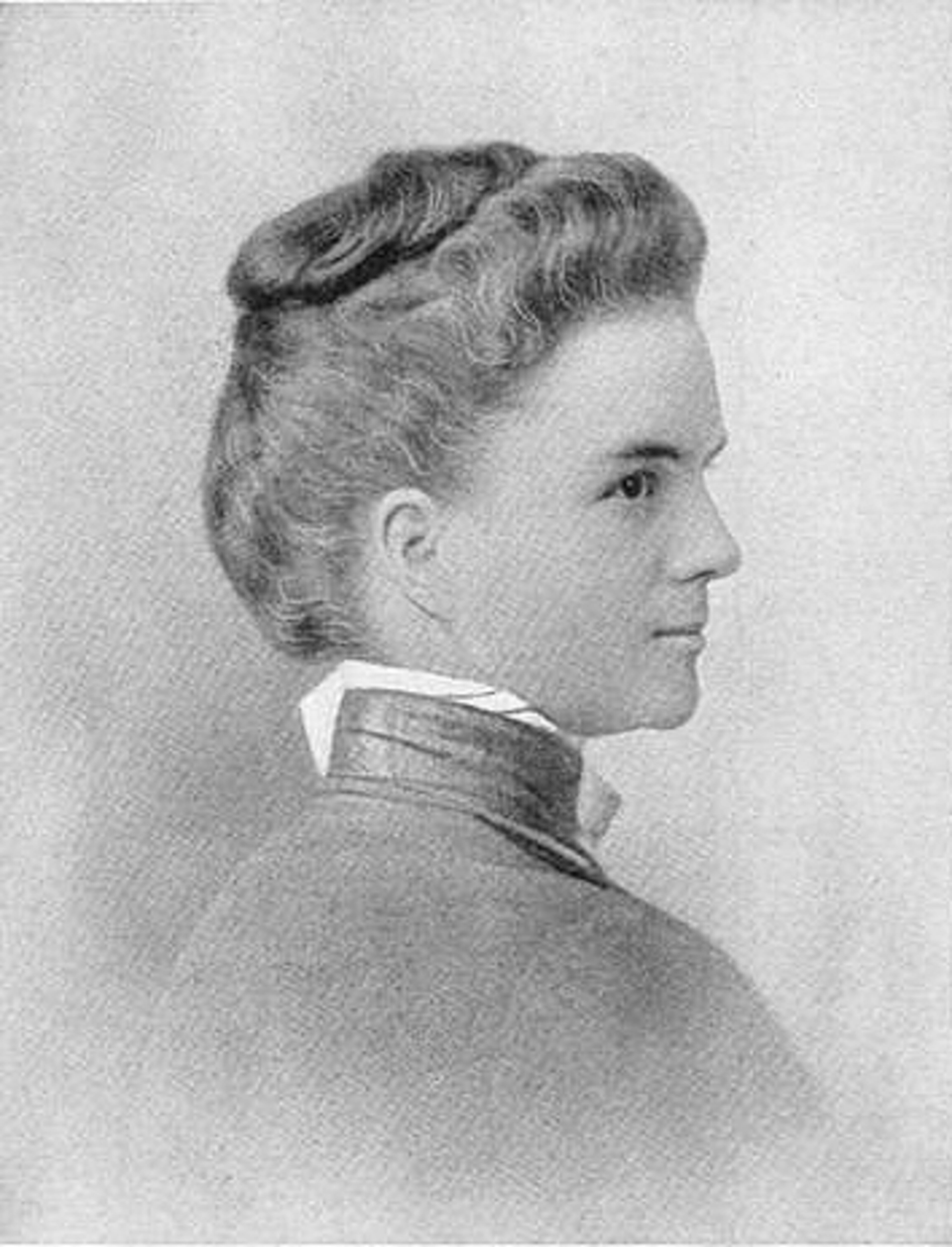
Adella Hunt Logan
Adella Hunt Logan, born in Sparta to a Black mother and white father, may have passed as white, but as specified by law, she was “a Negro,” according to Harvard Magazine. After graduating from Atlanta University (now Clark Atlanta) at 18, Hunt Logan became heavily involved with the National American Woman Suffrage Association and would even attend segregated political gatherings to gather “suffrage tactics,” which she would share with other Black suffragists. At Booker T. Washington’s renowned Tuskegee Institute in Alabama, she was a prominent activist and educator and often wrote popular newspaper articles in favor of Black women’s suffrage. Hunt Logan died of suicide in 1915.
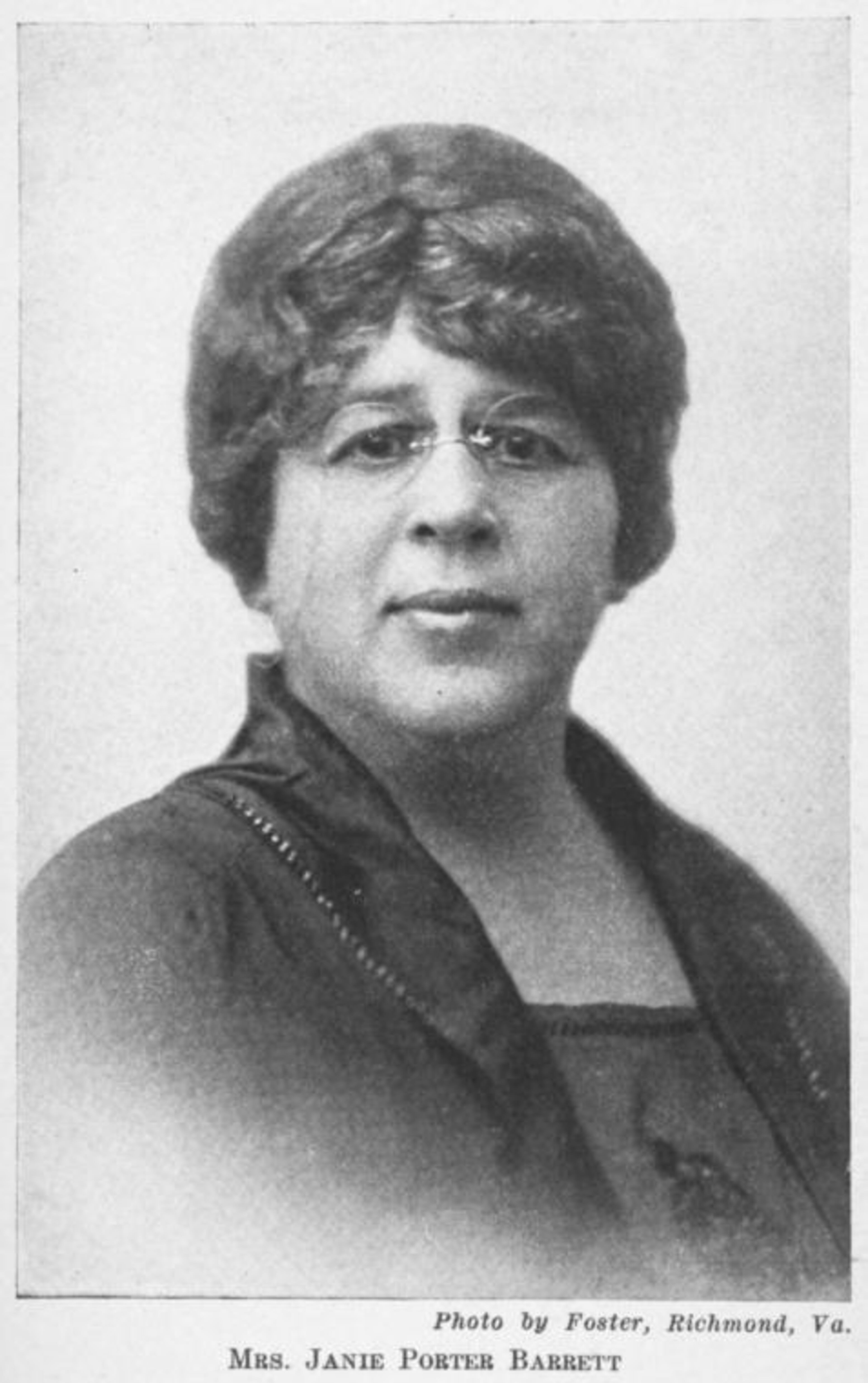
Janie Porter Barrett
Janie Aurora Porter Barrett, the biracial daughter of a Black domestic servant and seamstress, hailed from Athens but grew up in Macon. According to the Library of Virginia and Uncommonwealth.com, Barrett was an educator who taught at Lucy Laney’s Haines Normal and Industrial Institute in Augusta as well as in rural southwestern Georgia. She was a champion for young Black girls and formed neighborhood sewing, cooking and gardening groups for children while encouraging them to play athletic games and help the community. Barrett ultimately helped found and lead the Virginia Industrial School for Colored Girls, which opened its doors in January 1915. As superintendent, she regularly taught her students about the importance of voting.

